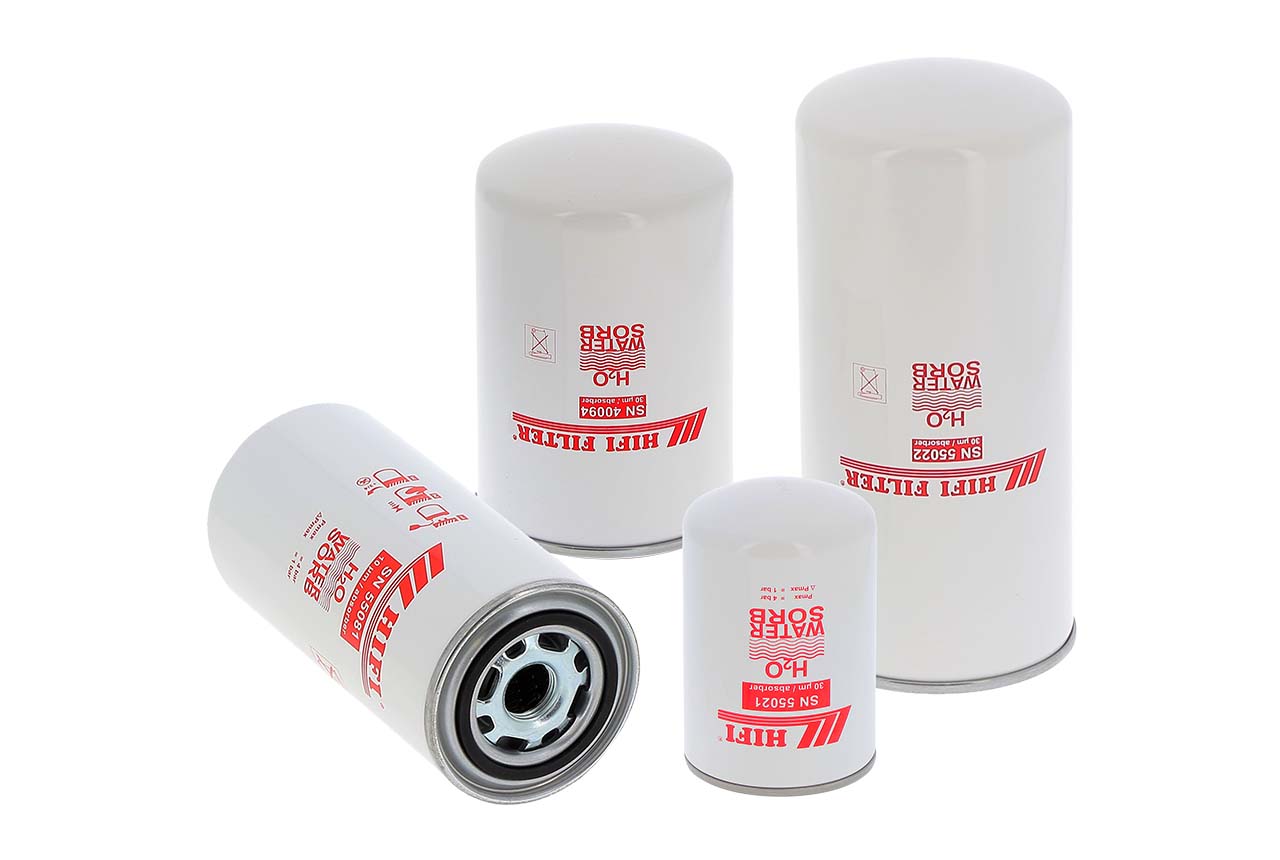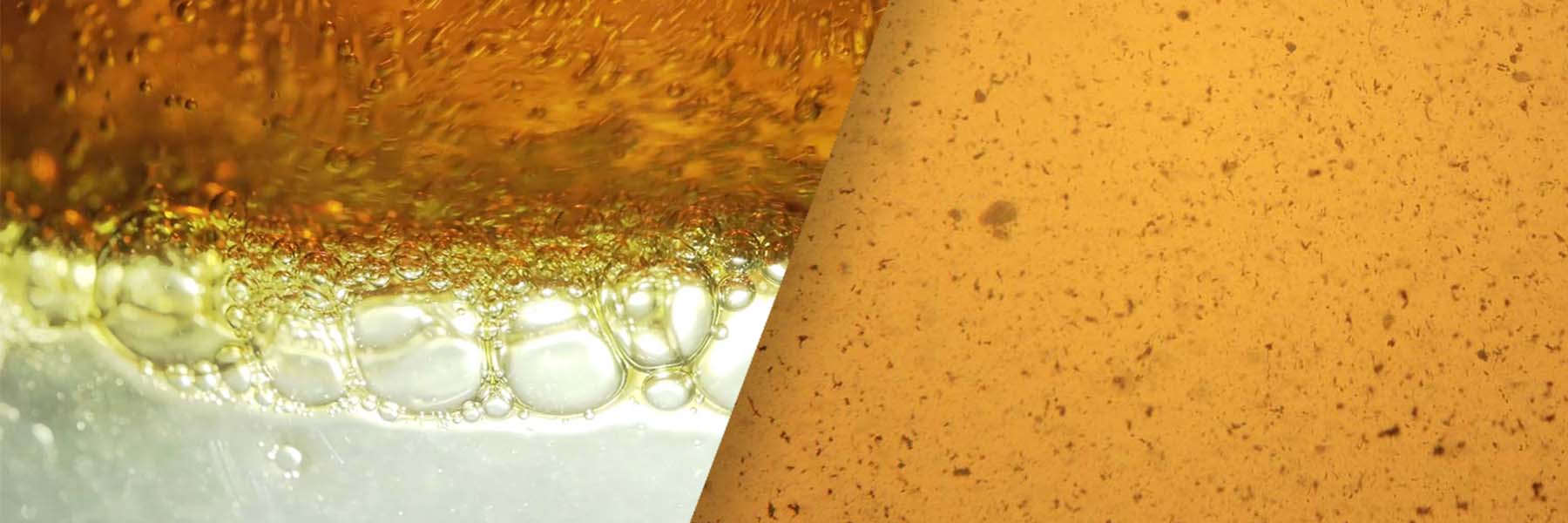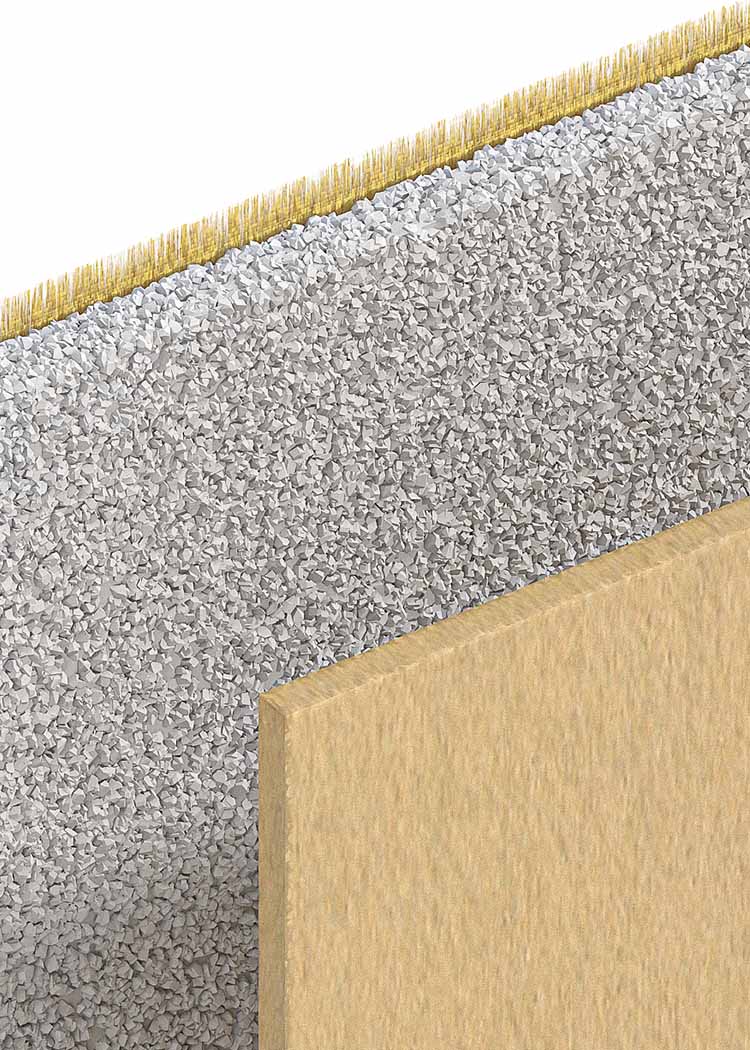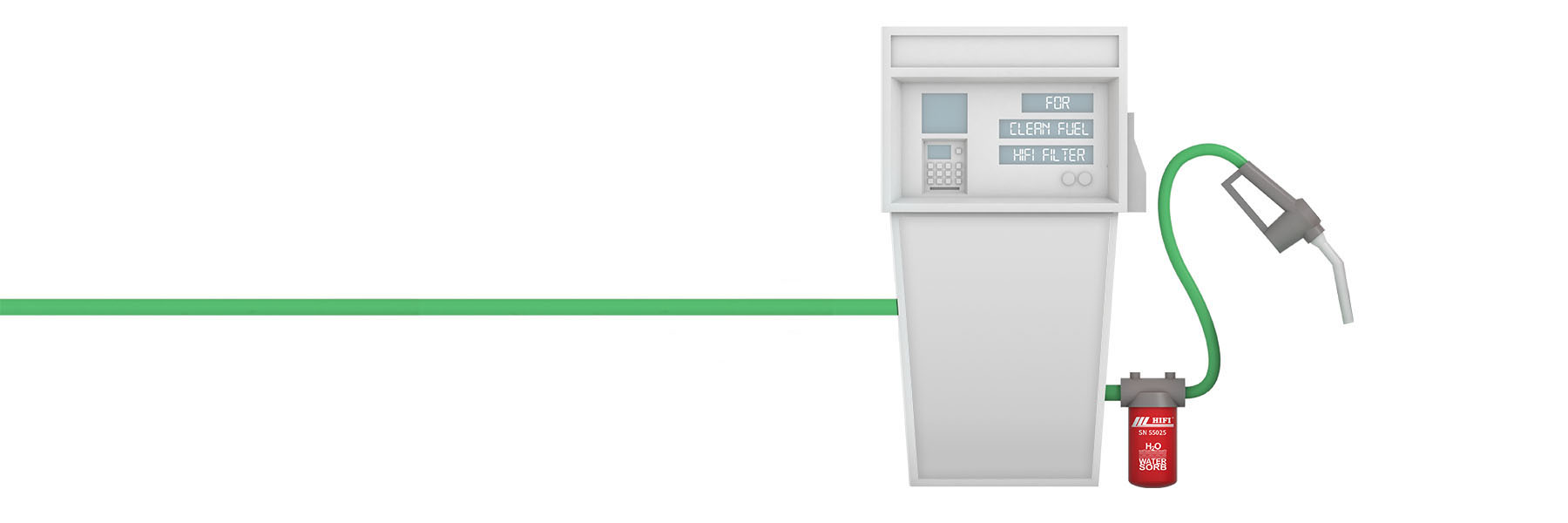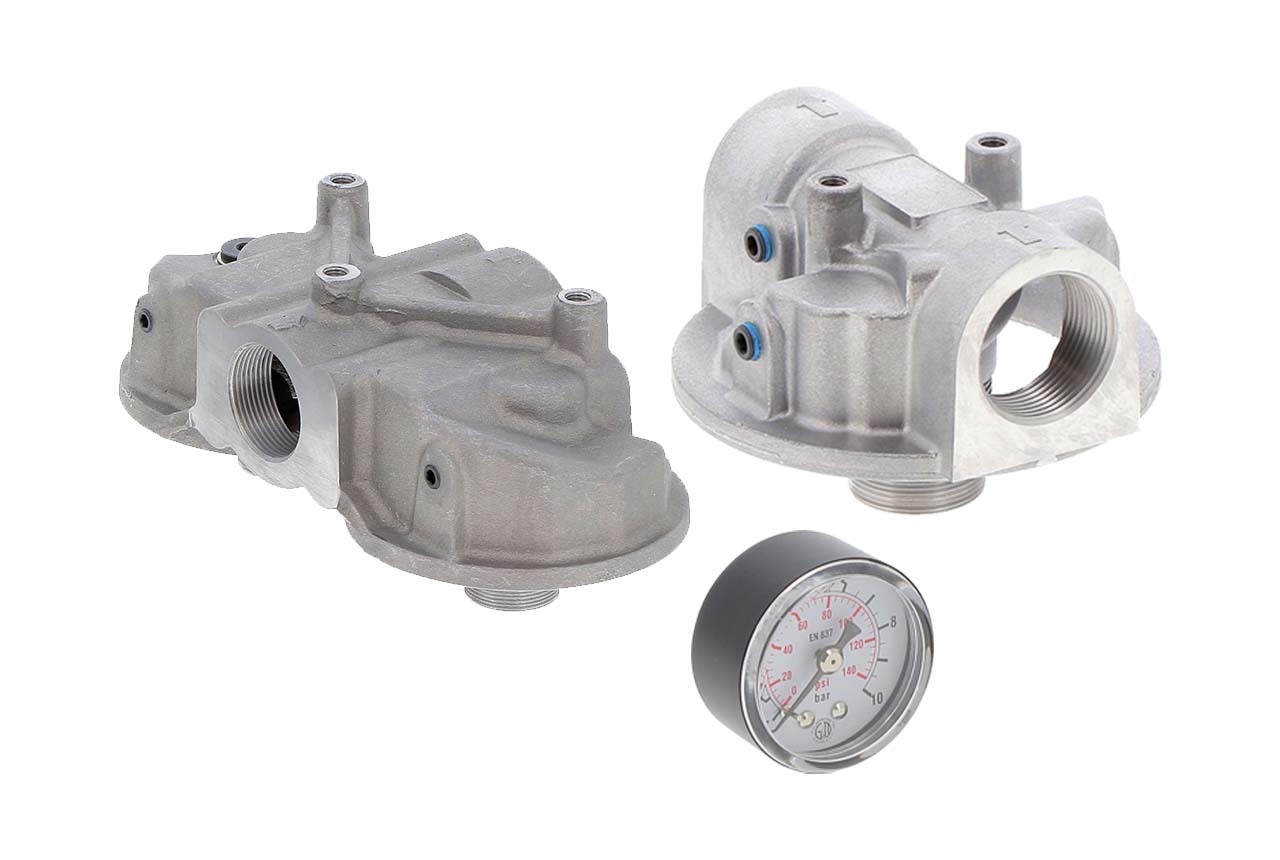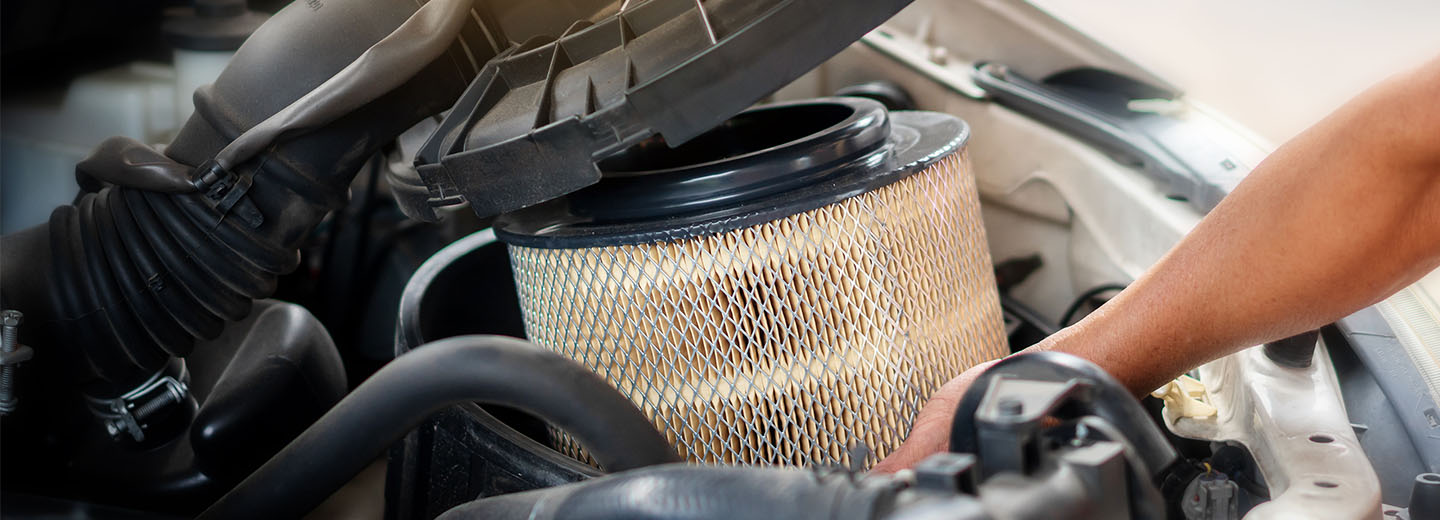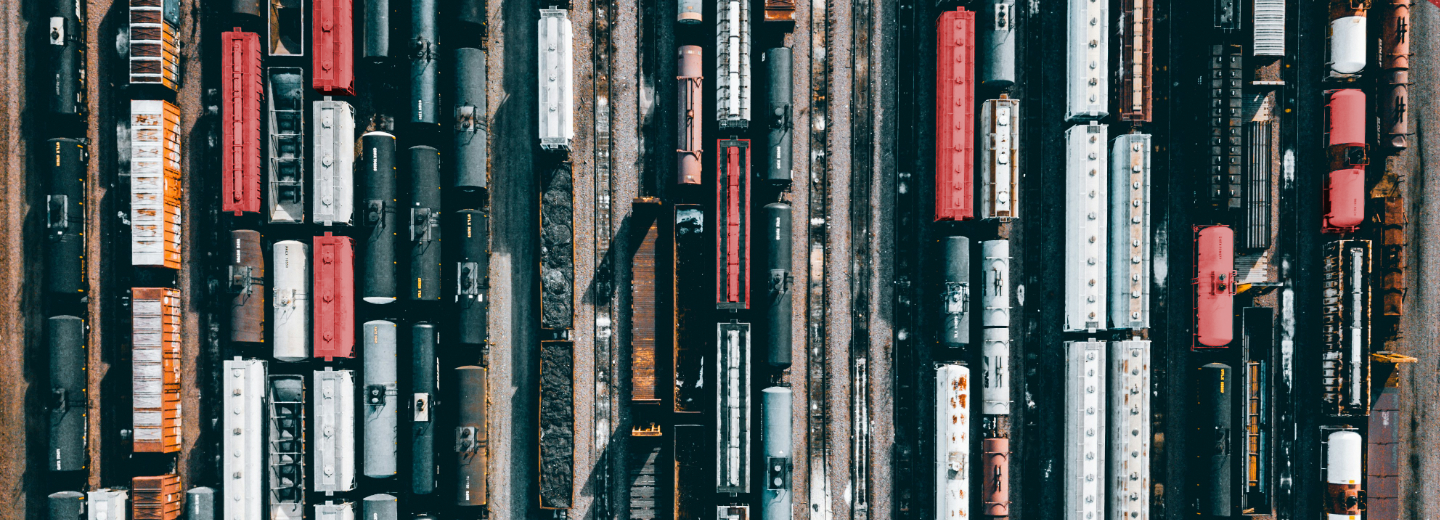
Railway equipment is exposed to extreme conditions. Its failure is costly and disrupts the network. Filtration is therefore essential to ensure its performance and availability.
Read more
Looking for a filter, an application, an accessory?
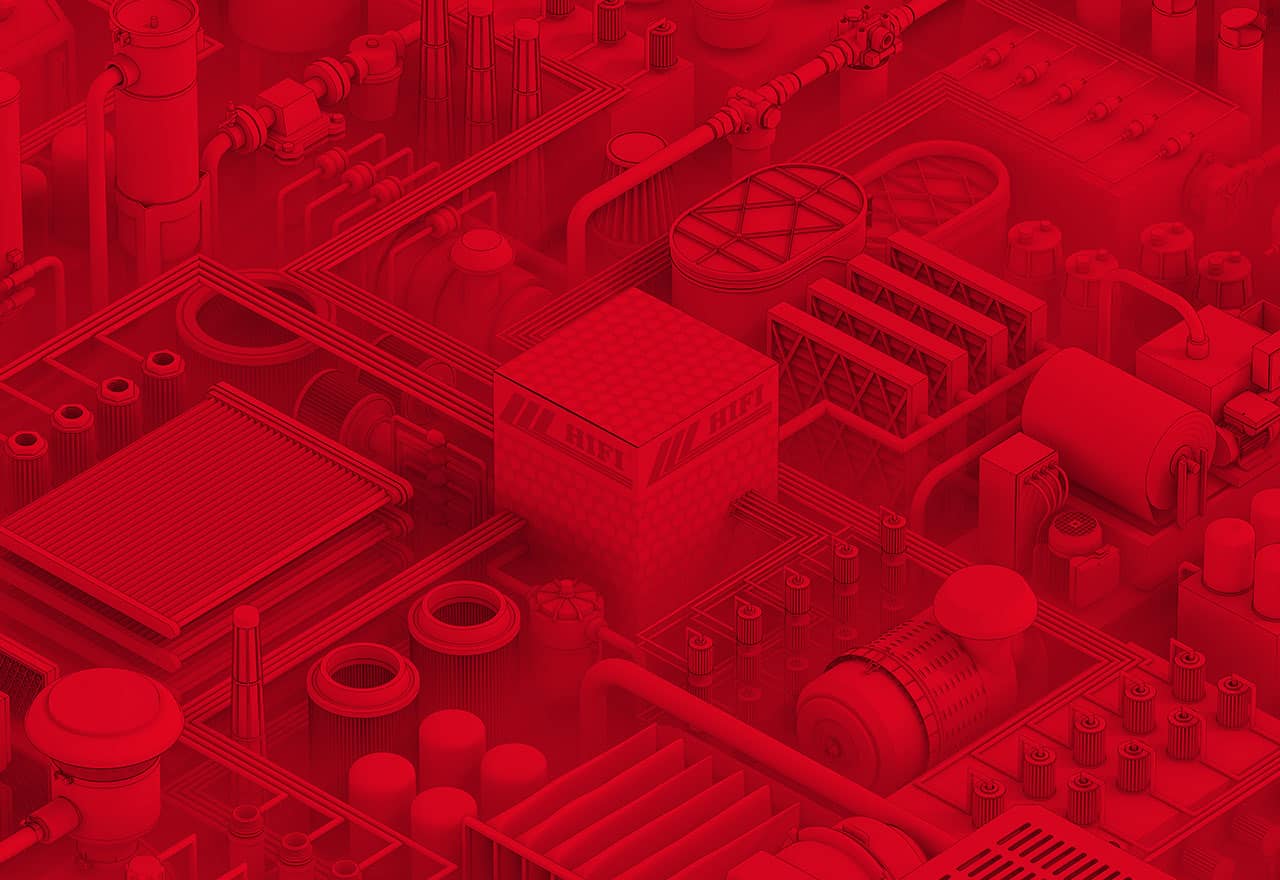
E-Catalog
CATALOG.HIFI-FILTER.COM
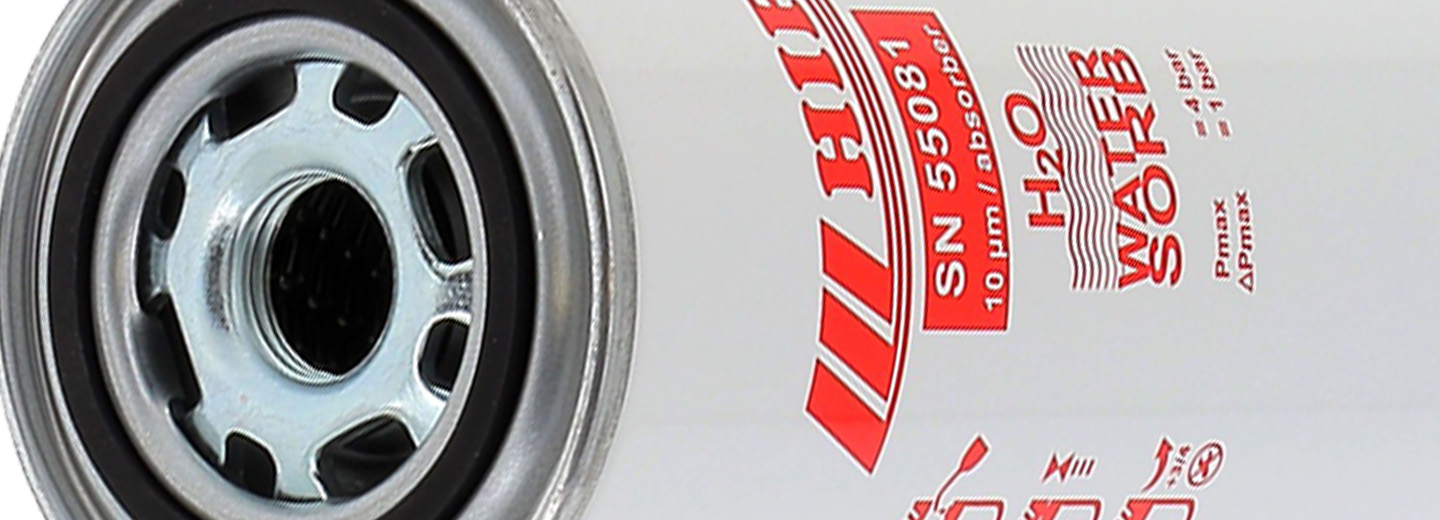

24.10.2023
Why can't a water-absorbing filter be fitted to a vehicle?

